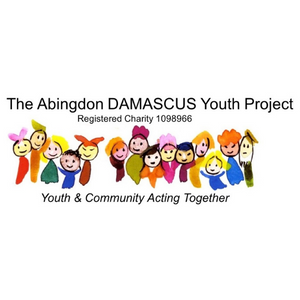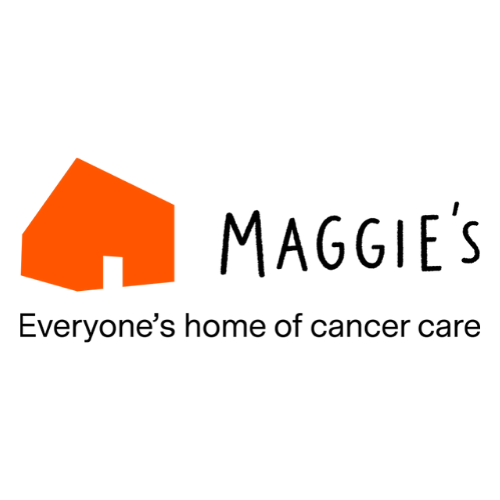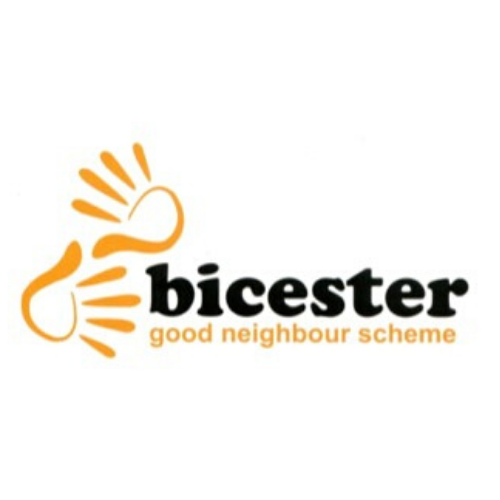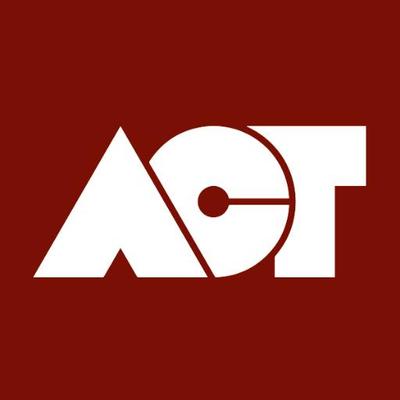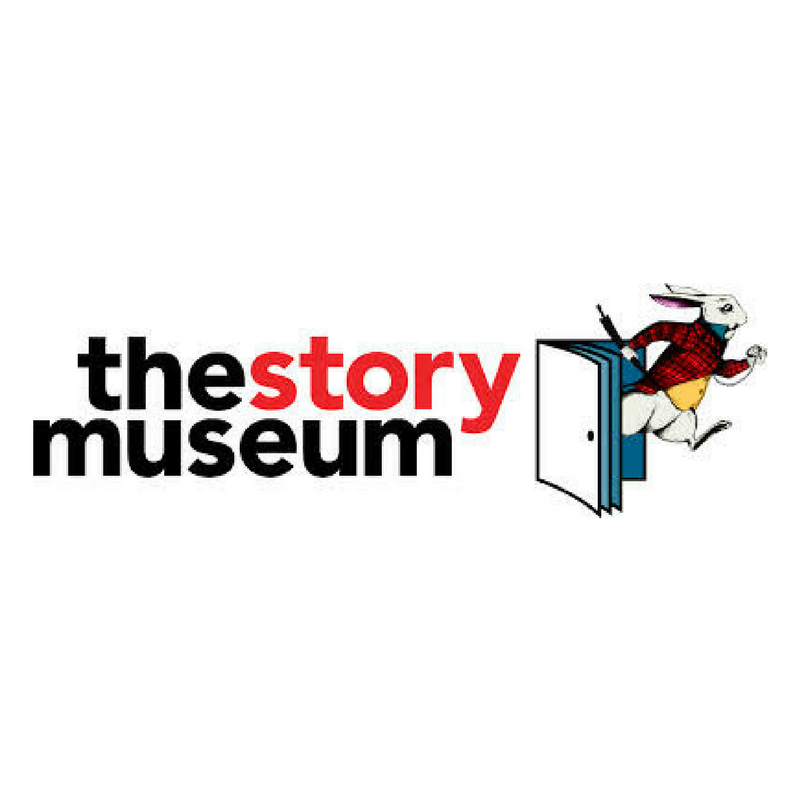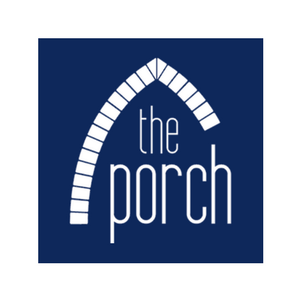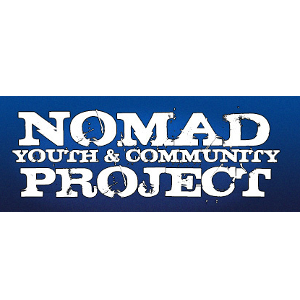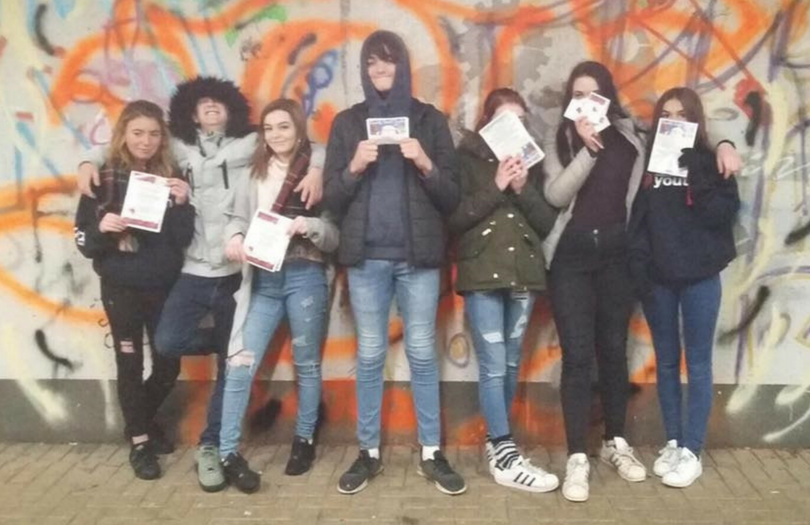
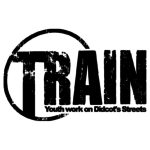 Didcot TRAIN works with young people who are at risk of educational failure, crime, child sexual exploitation, alcohol and substance abuse, and other risky behaviours.
Didcot TRAIN works with young people who are at risk of educational failure, crime, child sexual exploitation, alcohol and substance abuse, and other risky behaviours.
A grant from our Coronavirus: Community Resilience Fund has enabled Didcot TRAIN to quickly move their services online.
Chair Brian McNamee says: “We are focused on the ongoing and changing needs of the young people through these unprecedented times. We need to maintain contacts, develop new and existing relationships, continue to meet the needs of the young people, support their mental health and occupy their minds in positive ways so that they avoid being drawn into risky behaviours. These behaviours will include increased safeguarding issues, exploitation, and county lines with related drug abuse. For many, we essentially provide a non-critical friend who they can trust to tell us their deepest concerns.”
The charity is grappling with many unknowns: the depth of damage that could be done to the mental health or physical safety of the vulnerable young people they work with is unpredictable, and the length of lockdown control measures, and therefore adapted services needed, cannot be determined with confidence.
 Fortunately, the team was most of the way through a transition process to offer all of their activities digitally, proposing this in parallel with their usual in-person activities and trainings. Funding from OCF has allowed them to fast-track this through, paying for website maintenance, Zoom Professional licences and covering staff costs. This includes mentoring and video tutorials to keep young people busy.
Fortunately, the team was most of the way through a transition process to offer all of their activities digitally, proposing this in parallel with their usual in-person activities and trainings. Funding from OCF has allowed them to fast-track this through, paying for website maintenance, Zoom Professional licences and covering staff costs. This includes mentoring and video tutorials to keep young people busy.
Moving online has had some advantages: in the first week, 50 new young people accessed Didcot TRAIN’s services. The team is learning alongside the young people, adapting its proven pedagogic approach that is designed to build trust. They are already finding that one to one mentoring, even for a first time connection, works virtually.
OCF previously funded their Young Leaders Programme.
The grant was made by OCF’s #iwill youth social action funding, from the Big Lottery and the Department for Digital, Culture, Media and Sport. Didcot TRAIN focused on improving the prospects of a small group of 10 young people (five girls and five boys). At the outset most of the group struggled with low self-confidence; having problems with school; and presenting challenging behaviour. Some of the group were known to the local police for low-level anti-social behaviour, and some were known for more serious crimes.
The charity partnered with Oxfordshire Youth to design a Young Leaders Programme for the cohort. This involved a residential trip away from home carrying out a series of physical challenges and teamwork; formal education, including written log books to help put the experiences into practice; and several social action projects that saw young people fundraise and campaign for local causes. The programme also resulted in a Level 2 Award in Leadership and Team Skills accredited by the Institute of Leadership & Management (ILM) and nationally recognised.
Didcot TRAIN’s programme had a double benefit – making a huge difference to the young people involved, but also to the local community. Participants gained confidence and self-esteem thanks to the programme. One young person is now acting as a representative for Oxfordshire Youth Voice Committee, and another who was previously a young offender has since been nominated for two awards from Princes’ Trust. Two young people who were not in education, employment or training (NEET) at the start of the programme went on to full-time education, and another who has an autism-spectrum disorder has been accepted into university.
As a result of the young people’s engagement they have gained enthusiasm and a desire to involve themselves within their community. The group organised and delivered two social actions: a collaboration with Secret Santa where Young Leaders helped delivered leaflets around Didcot, and a fundraising event during Didcot Christmas Street Fair. They were involved in a church clean-up, and acted as representatives for the young people in the local area by attending community meetings.

